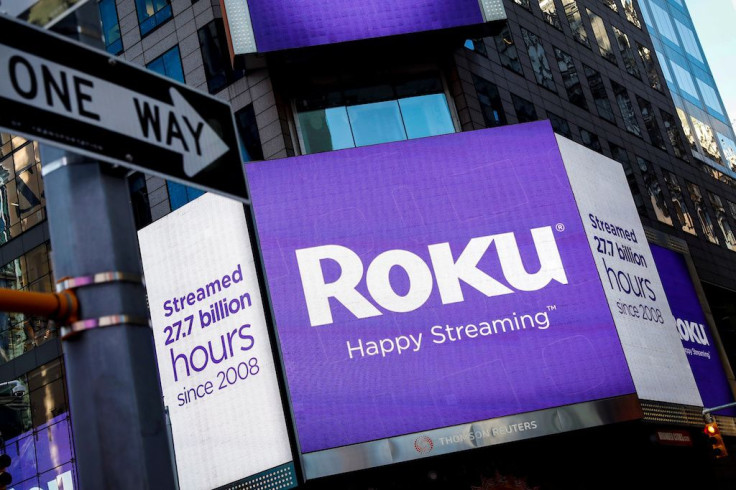Roku's Massive International Opportunity

Roku's (NASDAQ:ROKU) long-term vision is for its operating system to power every TV in the world. So far, it's only made a tiny bit of progress.
Roku's share of global smart TV sales was just 4% in 2018, according to Strategy Analytics. Samsung's (NASDAQOTH:SSNLF) Tizen OS is the leading proprietary operating system with 21% of the market, and Google's Android TV makes Alphabet (NASDAQ:GOOG) (NASDAQ:GOOGL) the leading provider of a licensed TV OS, with 10% of the market.
But Roku has had much greater success in the United States, where nearly 1 out of every 4 smart TVs sold is a Roku TV. That's in line with Roku's self-reporting. The discrepancy between Roku's market share in the U.S. and its share in the rest of the world represents a massive opportunity for Roku to grow its business.
Can Roku Replicate Its Success In Other Markets?
Roku only just started investing in international markets. In the company's fourth-quarter letter to shareholders, management said it's increasing its international investment this year. While the company doesn't expect those investments to show any meaningful account growth this year, it says the benefits of those investments will start showing up in 2020 and beyond.
This year, investments will include efforts to establish more relationships with content providers, retailers, and television manufacturers to create a better product and expand its presence in international markets.
But the value proposition of Roku OS is the same in international markets as it is in the U.S. Furthermore, there's much broader competition internationally among manufacturers, giving Roku more opportunities to make partnerships and win share. Samsung -- Roku's biggest competitor -- took a 33% share of the U.S. television market last year. It took less than 20% of the global market.
Half of all smart TVs sold in 2018 used a proprietary operating system. A significant portion of those came from Chinese manufacturers that use a modified version of Android TV without access to the Google Play store, according to Strategy Analytics. It's unclear if Roku will try to enter the Chinese market, but there's still a lot of room to partner with smaller manufacturers using a homegrown operating system. Roku CEO Anthony Wood believes those manufacturers will move to a licensed operating system over time.
Can Roku Take On Google?
Manufacturers sold 2.5 times more Android TVs than Roku TVs last year. But that might merely be a consequence of Android's greater international presence and Roku's nearly complete lack thereof. Roku certainly has a lot of work to do to establish more relationships with international retailers and manufacturers and market its products in international markets. But with enough investment in those areas, Roku should be able to establish its brand.
Roku has two big advantages over Android when it comes to winning over customers.
Its operating system is built specifically for televisions. Android TV is merely an adaptation of the Android mobile operating system for television. Roku OS was built from the ground up to run on less powerful television hardware, which makes for a better experience.
Additionally, Roku touts its agnosticism toward streaming services. Google owns the biggest streaming video service in the world, YouTube, as well as the Google Play store, which offers digital video downloads. Roku has moved into first-party streaming with the Roku Channel, but it's mostly looking to supplement premium video subscriptions, not to compete with them directly. That said, of all its competition, Google's Android TV is the most open and unbiased platform.
The success Roku has had with its smart TV efforts in the U.S. should make investors optimistic that it can win a much greater share of the market globally than the 4% it took in 2018. The company is making strategic investments to grow, and those should start producing results at the start of the next decade. In the meantime, investors should be sure to listen to management's commentary on earnings calls and investors conferences about its progress in international markets and look for partnership announcements.
Suzanne Frey, an executive at Alphabet, is a member of The Motley Fool's board of directors. Adam Levy owns shares of Alphabet (C shares). The Motley Fool owns shares of and recommends Alphabet (A shares) and Alphabet (C shares). The Motley Fool recommends Roku. The Motley Fool has a disclosure policy.
This article originally appeared in the Motley Fool.




















